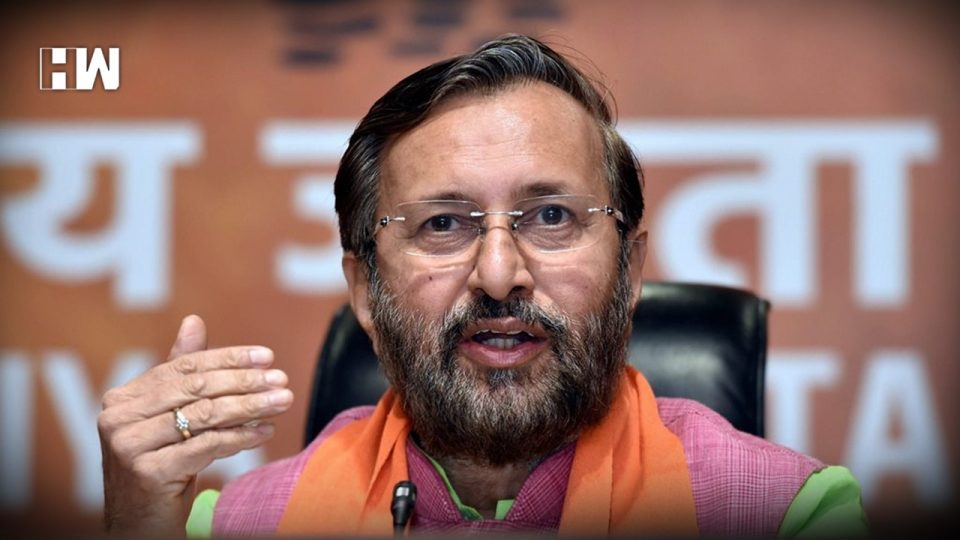New Delhi | Acknowledging that 29.3 per cent of land in India was affected by degradation, Union minister Prakash Javadekar on Monday said his ministry was committed to saving it with all necessary inputs at the upcoming Conference of the Parties (COP 14).
Speaking at an event held to mark ‘World Day to Combat Desertification and Drought’, he said, “There is a crisis in the world that the land, once fertile, is not fertile anymore. Where there used to be forest, now it is not. We are discussing the degradation of land. Under the leadership of PM Narendra Modi, we have direction, hope and promise to save the land from degradation.”
He also announced that India will host the 14th session of the Conference of the Parties or COP 14 to the United Nations Convention to Combat Desertification (UNCCD) this year to address the issues of land degradation and desertification.
The COP 14 will be held from September 2-14 in Greater Noida with over 5,000 representatives from more than 197 countries.
International and non-governmental organisations will also address the issues of combating desertification, land degradation and drought during the two-week event.
The minister reiterated that under the Bonn Challenge, a global effort to bring 150 million hectares of world’s deforested and degraded land into restoration by 2020 and 350 million hectares by 2030, India will bring into restoration 13 million hectares of degraded and deforested land by 2020 and additional eight million hectares by 2030.
With about 29.3 per cent of India’s total geographical area being affected by land degradation, India has high stakes and stands strongly committed to the convention, he said.
Ahead of the COP 14, the environment ministry, in partnership with the International Union for Conservation of Nature (IUCN), has launched a flagship project on enhancing capacity of forest landscape restoration (FLR) and Bonn Challenge in India through a pilot phase of 3.5 years implemented in Haryana, Madhya Pradesh, Maharashtra, Nagaland and Karnataka.
“The project will aim to develop and adapt best practices and monitoring protocols for the Indian states and build capacity within the five pilot states on FLR and Bonn challenge. This will be eventually scaled up across the country through subsequent phases of the project,” the ministry said.
As an independent media platform, we do not take advertisements from governments and corporate houses. It is you, our readers, who have supported us on our journey to do honest and unbiased journalism. Please contribute, so that we can continue to do the same in future.

